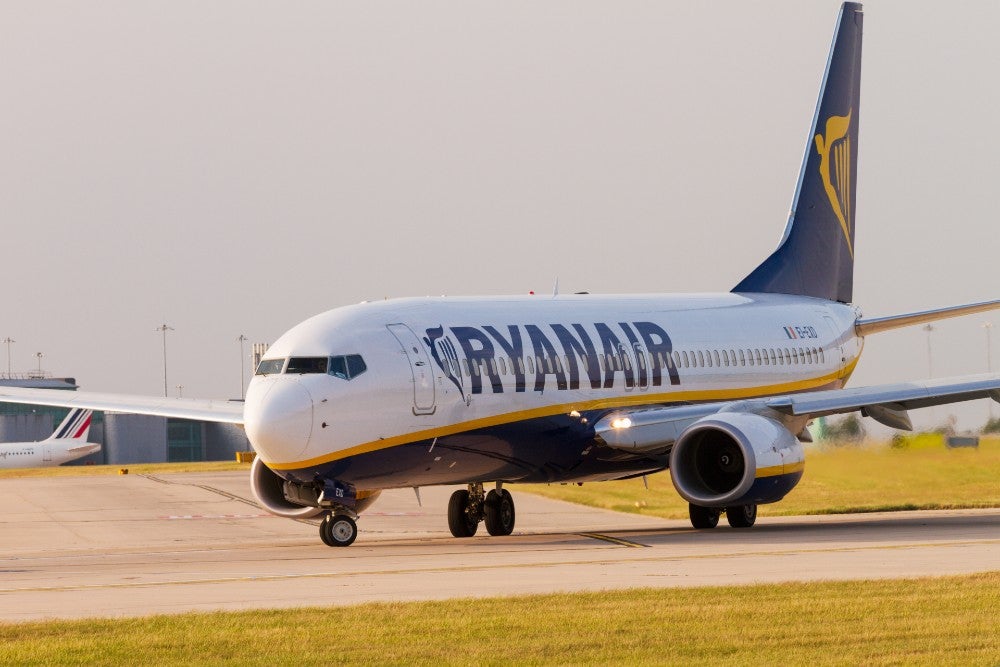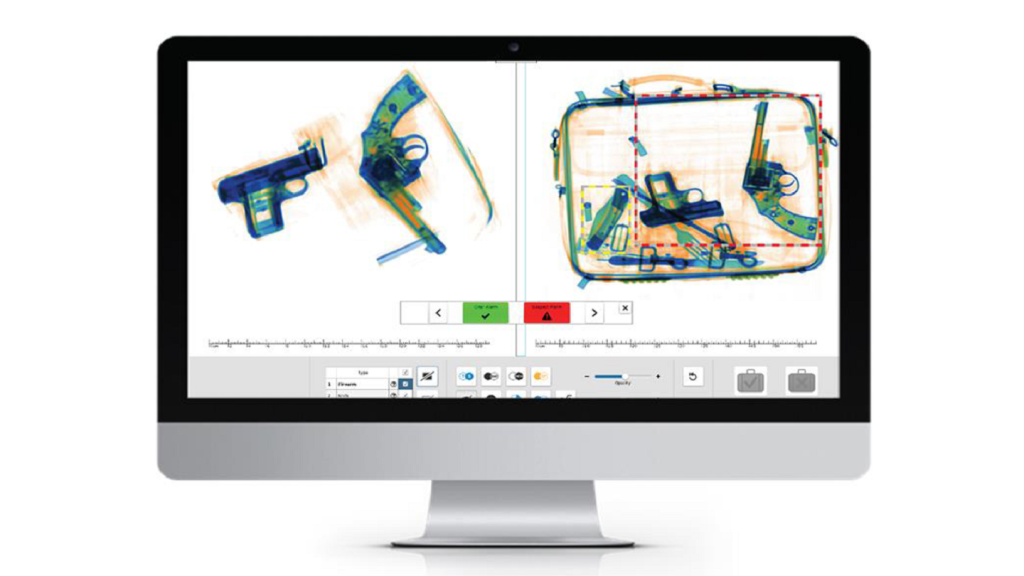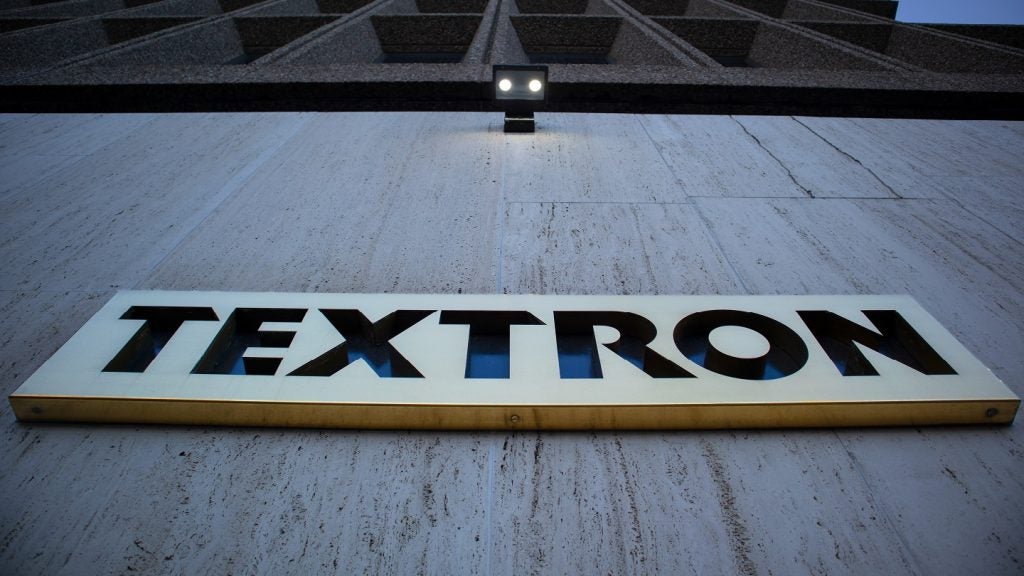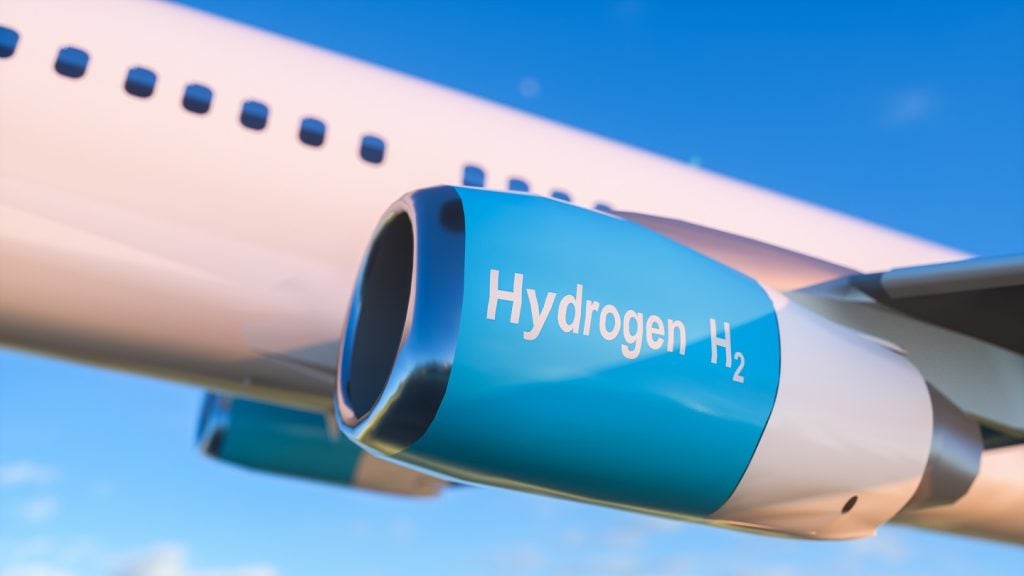The recent introduction by Ryanair of its price checker tool has fired another warning shot at online travel agencies (OTAs) selling its fares. Customers can now check the price paid by the OTA for their flight directly on Ryanair, allowing them to check for hidden fees or price differentials. With many high-profile agencies facing an onslaught of criticism from customers and industry bodies during the pandemic, it is yet another blow to OTA’s who are trying to rebuild their reputations.
OTAs have tough decisions to make
The complexity in the current travel market is multi-layered, with customers hypersensitive to booking complications, security and cost. Any potential negative PR or customer experience is heightened and is problematic for any agency’s recovery. According to GlobalData’s Global Covid-19 recovery survey*, 84% of customers were either ‘always,’ ‘often’ or ‘somewhat’ influenced by the reliability of a product or service, highlighting the pressure OTAs face. Cost, financial security and transparency are crucial to the success of those agencies lucky enough to survive the pandemic. Unfortunately, many online agencies that use ‘screen scrapers’ (software that is used to pull content and from other websites so they can sell its products) could face negative backlash from customers, lengthening recovery timelines.
Moving forwards, OTAs are going to have to make it clear what they are charging customers. A potential solution could be the introduction of a flat booking fee for some low-cost carriers. Many corporate travel agencies adopt a similar approach, ensuring service fees are made clear to the customer or business account prior to booking. These agencies are permitted to book Ryanair through a Global Distribution System (GDS) such as Travelport or Sabre, which is a different method to OTAs.
The alternative is that OTAs either continue to trade as usual and attempt to weather the customer backlash, risking further negative media exposure. Another option is to boycott Ryanair altogether. However, with Ryanair operating so many routes within Europe, it could be damaging to OTAs, with many selling high volumes of Ryanair flights with their package holidays. Agencies such as On the Beach and LoveHolidays need to take careful consideration as they are already in a PR whirlwind due to delayed refund payments and their decision to leave ABTA.
Ryanair stands to gain an advantage in the long term
A significant portion of Ryanair’s revenue comes from direct bookings on its website via flight content, ancillary services, hotels and car hire. Ultimately, Ryanair wants to drive traffic away from online travel agencies and to its own website. This is much more efficient for Ryanair, helping it to maximise revenue and dealing with changes, cancellations and refunds more effectively.
Low-cost carriers are no strangers to taking companies (or each other) to court. The use of words used on Ryanair’s website such as ‘unauthorised’, ‘fake’ and ‘overcharging,’ are dangerous accusations to throw around. However, Ryanair has a business model to protect and in a sensitive climate, it may be essential for the airline’s long-term survival.
How well do you really know your competitors?
Access the most comprehensive Company Profiles on the market, powered by GlobalData. Save hours of research. Gain competitive edge.

Thank you!
Your download email will arrive shortly
Not ready to buy yet? Download a free sample
We are confident about the unique quality of our Company Profiles. However, we want you to make the most beneficial decision for your business, so we offer a free sample that you can download by submitting the below form
By GlobalData*GlobalData Global Recovery survey week 11 undertaken 2 to 6 December 2020.










Related Company Profiles
Ryanair Holdings Plc
Sabre Corp